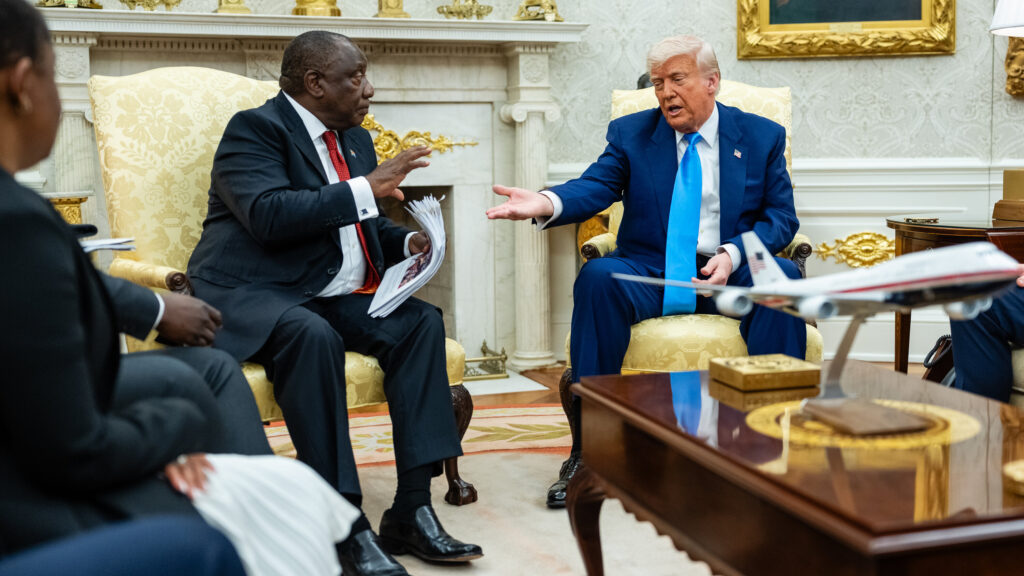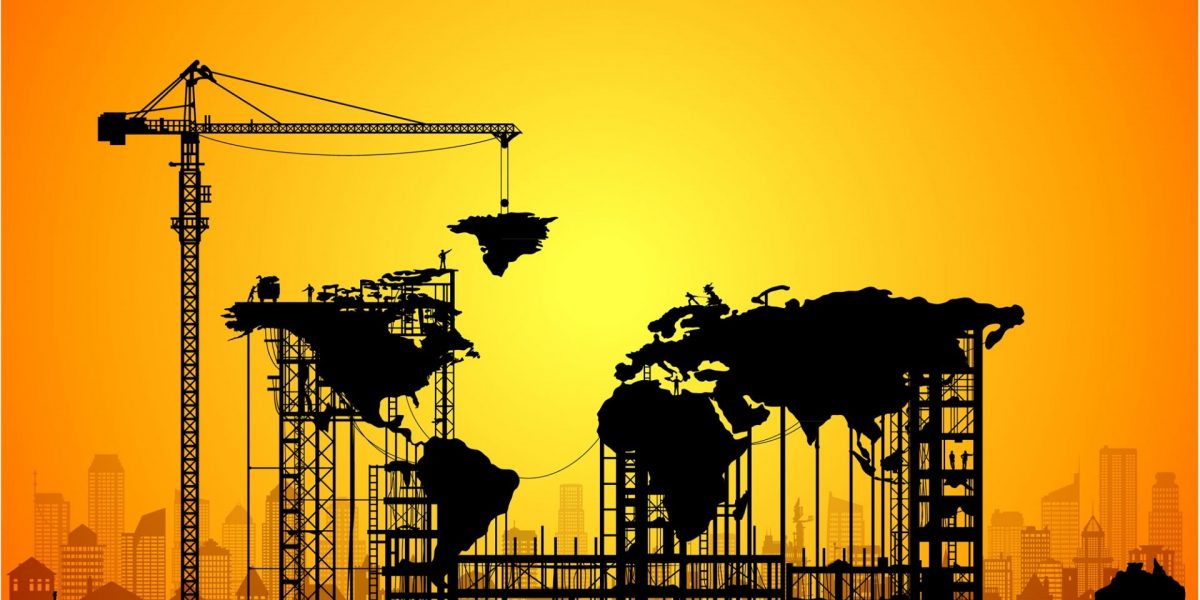Trump & Ramaphosa Lock Horns in Humiliation: When Power Meets Public Spectacle

In the brutal theater of global politics, perception is everything. Behind every podium, every handshake, and every carefully curated headline lies a silent war for dominance — not just in policy, but in prestige. And few leaders have endured the sting of public scrutiny like Donald Trump and Cyril Ramaphosa.
Both have faced moments of sharp humiliation — televised, memed, and archived for history. And now, as they occupy parallel timelines in a reshuffling global order, their reputations are once again colliding in a clash of legacy, ego, and the age-old battle between showmanship and statesmanship.
The Trump Theater: Humiliation as a Badge of War
Donald Trump has often weaponized humiliation — both endured and inflicted. From impeachment trials and leaked phone calls to viral walk-offs and courtroom dramas, the former U.S. President thrives in the heat of public humiliation. It energizes his base and keeps his enemies off balance.
Yet, Trump’s real power is in flipping humiliation into resilience. Each scandal becomes a chapter in his mythology — the anti-establishment billionaire who refuses to bow. Even when silenced by social media bans or dragged into legal chaos, Trump frames it all as proof of persecution — and proof of his relevance.
“He turns every fall into a fight,” remarked a former White House aide. “Trump doesn’t run from humiliation — he dances in it.”
Ramaphosa’s Tightrope: Dignity Under Fire
In contrast, Cyril Ramaphosa operates with quiet calculation. His humiliations come not in explosive courtroom showdowns but in subtle betrayals and public silence — caught yawning during state speeches, fumbling answers to corruption scandals, or facing jeers at political rallies.
Ramaphosa’s greatest humiliation perhaps came from within — during the ANC’s internal warfare and the Phala Phala farm scandal, which challenged his credibility as a reformer. For a man who built a reputation on poise, patience, and institutional trust, the accusation of hidden cash and silence became a blow not just to his image, but to his authority.
Unlike Trump, Ramaphosa avoids spectacle. But in doing so, he sometimes gives the impression of passivity — a man under siege, managing crisis rather than owning the narrative.
“Where Trump storms through fire, Ramaphosa tries to walk around it,” observed one political strategist.
When Ego Meets Nationhood
In a hypothetical clash — political or symbolic — Trump and Ramaphosa represent two schools of leadership psychology:
- Trump is the gladiator, using public humiliation as a stage for his return.
- Ramaphosa is the negotiator, seeking to preserve decorum even as the walls shake.
Yet in today’s polarized, media-driven world, subtlety doesn’t always win. As Trump plots a comeback and Ramaphosa nears the final stretch of his term, both must ask: Is dignity enough to maintain power? Or does survival demand spectacle?
Clashing on the Global Stage
Their contrasting styles clashed most visibly at global summits — with Trump often dominating headlines through controversial comments or refusals to cooperate, while Ramaphosa was applauded for diplomacy but rarely led the narrative.
Trump’s raw nationalism versus Ramaphosa’s pan-African pragmatism creates a symbolic standoff. One fights for America first; the other, for African unity. But both must now contend with nations deeply divided, economies under pressure, and publics hungry for decisive leadership.
Conclusion: A Battle of Survival, Not Just Style
Donald Trump and Cyril Ramaphosa may never share a physical stage, but in the arena of modern leadership, they’ve both wrestled with the same beast: public humiliation.
One absorbs it and fires back louder. The other deflects and regains composure. Neither approach guarantees legacy — but both reveal how ego, media, and pressure shape the lives of the world’s most powerful men.
As the world turns, one truth remains: It’s not just how a leader rises — it’s how he survives the fall.




